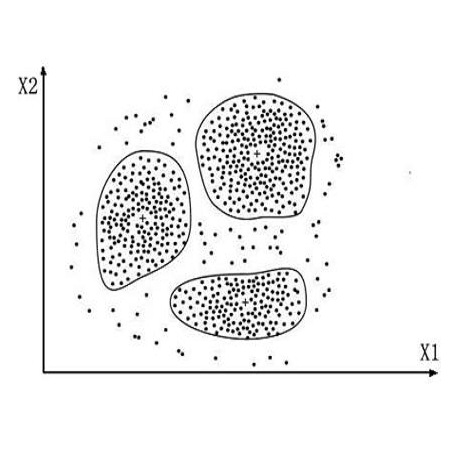Text clustering serves as a fundamental technique for organizing and interpreting unstructured textual data, particularly in contexts where manual annotation is prohibitively costly. With the rapid advancement of Large Language Models (LLMs) and their demonstrated effectiveness across a broad spectrum of NLP tasks, an emerging body of research has begun to explore their potential in the domain of text clustering. However, existing LLM-based approaches still rely on fine-tuned embedding models and sophisticated similarity metrics, rendering them computationally intensive and necessitating domain-specific adaptation. To address these limitations, we propose a novel framework that reframes text clustering as a classification task by harnessing the in-context learning capabilities of LLMs. Our framework eliminates the need for fine-tuning embedding models or intricate clustering algorithms. It comprises two key steps: first, the LLM is prompted to generate a set of candidate labels based on the dataset and then merges semantically similar labels; second, it assigns the most appropriate label to each text sample. By leveraging the advanced natural language understanding and generalization capabilities of LLMs, the proposed approach enables effective clustering with minimal human intervention. Experimental results on diverse datasets demonstrate that our framework achieves comparable or superior performance to state-of-the-art embedding-based clustering techniques, while significantly reducing computational complexity and resource requirements. These findings underscore the transformative potential of LLMs in simplifying and enhancing text clustering tasks. We make our code available to the public for utilization at https://github.com/ECNU-Text-Computing/Text-Clustering-via-LLM. We also provide the supplementary Appendix within the repository.
翻译:暂无翻译




